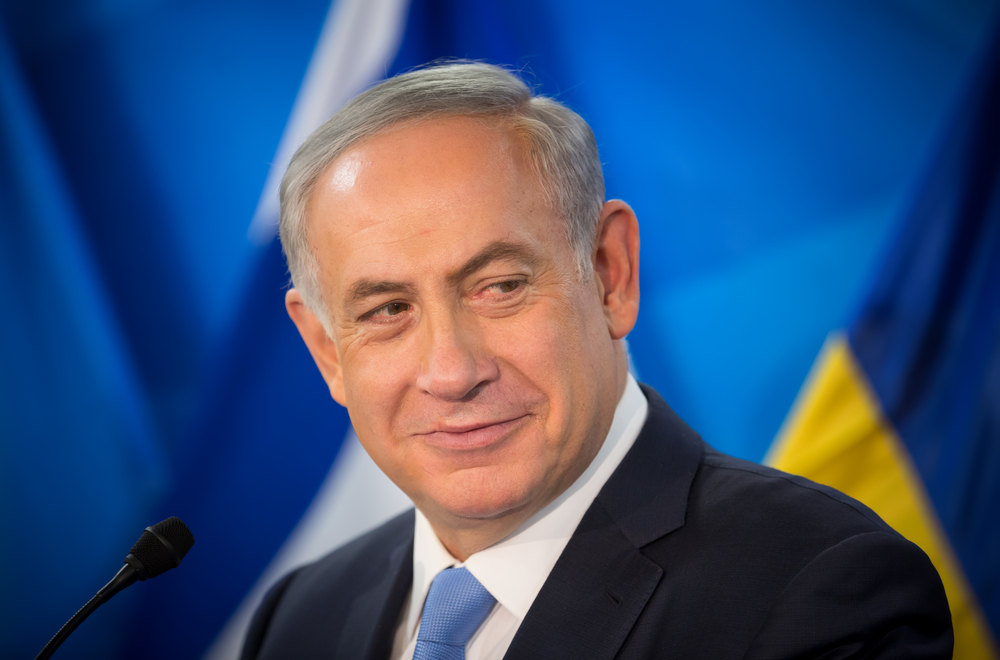Jerusalem – Prime Minister Benjamin Netanyahu was in good spirits as he discussed the breakthrough he had been pushing for since 2009 when he insisted that Israel should focus on diplomacy to build trade relationships with the Arab countries in the Middle East even with the ongoing Palestinian conflict.
“I told you,”he said as he cheerfully expressed the possibilities of what the Abraham Accords brokered by President Donald Trump between the UAE and Israel would bring to the table.
Many Arab countries have secretly been keeping in peaceful deals and cooperation with Israel to stem the cry for denouncing Israel as occupiers of Palestinian-owned lands. Prime Minister Netanyahu , however, lobbied to bring these joint ventures out into the open as he wanted the world to know that there was no bad blood between Israel and the Gulf Countries as there are with Israel and Iran.
This request from PM Netanyahu was often met with silence or disconnected replies usually starting with “First handle the Palestinian occupation then we talk.”
It had come as a surprise when Israel announced that they had sealed a deal to normalize relations with UAE and big projects and talks of bilateral trade, technology and tourism exchange was underway with such steps as UAE creating a joint telecommunication deal to allow Israeli numbers to call from the United Arab Emirates. Airlines and plane manufacturers set to work creating flight paths with regards to closing a deal with Saudi Arabia who were more eager to work withIsrael than with Iran over disputes with Syria and Yemen skirmishes with Iran-backed groups.
“The route will pass through Saudi Arabian air space then towards UAE and would last 3 hours. It would be like flying to Rome.” said Mr. Netanyahu as he gleefully described the grand possibilities of tourism from both the countries in an effort to boost both economies amidst the economic downfall of the pandemic that had strained both their resources substantially.
The decision of the normalization was a result of both countries testing the modern mindset at these times with news of both countries which were heavily censored due to the nature of cooperation between the two nations but instead of the negative reactions they expected with groups from either side, they were met with little to no reactions as Arab in the UAE remained lukewarm to the joint aids between the two with some praising it.
The reason behind this was that the modern Arab countries were not as connected to the Palestinian cause as they used to be with the threat of Iran and it’s nuclear weaponization still being in mind while dealing with the failing economies due to the COVID-19 virus halting many operations and causing the lay off of thousands of workers from needed operational sectors.
The Gulf leaders expressed interest in the deal as Israel runs at the forefront of intellectual property in technology giving a way in to finally sell high grade Israeli inventions as well exchange in oil trade and job markets opening up between both the countries with focus on finally allowing Israelis into the Arab world for the first time.
“The interests of most of those states — Jordan, Egypt, Saudi Arabia, the Gulf emirates, Morocco, and so on — did not correspond with those of radical Shiite revolutionaries or their allies in Damascus, let alone their heavily armed proxy militias. Those Arab states mostly feared the thought of Iran with a nuclear weapon, maybe more so than Israel.” said Meir Daggan, Mossad.
![]()
